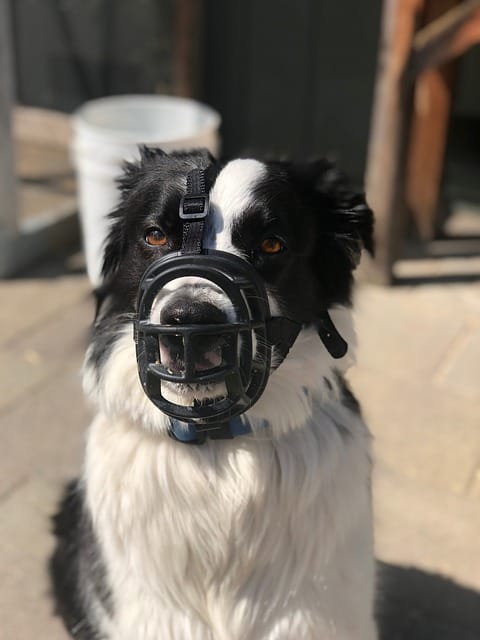
Your dog will have a happier life if you put it through dog training, and you will be happier too. When your dog is well-trained, then both you and your dog will know exactly what is expected from each other. Training your dog makes life less stressful as you will be able to leave him alone and know he will behave well with visitors or in public. It might not have been an easy road, but you will soon know that the time you spent on training your dog will have been worth it.
You can try a little bit of ingenuity if you are going with crate training for your indoor dog or puppy. If the dog doesn’t want to get in the crate try putting a chew toy in it and close the gate when they’re not there. Once they know the treat is in the crate, you will have to hold them back to stop them from getting the bone because they’ll be so eager. When he finally goes into the crate to retrieve the toy, shower the dog with praise.
When doing crate training, train your dog incrementally rather than trying to do it all at once. When your dog appears to be at ease while inside the crate with the door ajar, you can help him adjust to the crate even further by slowly latching the door and rewarding him with treats fed to him through the spaces between the wires. Leave them in for short periods of time, as little as 10 seconds. Work up from there. Freaking out your dog is a sign that you need to slow down.
When correcting your dog, be concise. Avoid launching a lengthy tirade against your pet and his naughty behavior. Just say no, then let them know what behavior you want to see. When speaking to your dog, use a voice that commands respect.
Chew Toys
Provide your puppy with his own chew toys to alleviate the pain of teething, and try to keep other items out of reach. Give the dog one of its own chew toys right away. Try a frozen washcloth to alleviate the pain of teething for your puppy.
Unless you offer a distraction or stimulus, your dog will probably focus exclusively on a single thing. When a command is reinforced properly and often enough, your dog will begin to shift his focus from the distractions around to you in order to wait for your signal.
Make sure food and outside time are scheduled to help break your dog into being an inside dog. Once you’ve established a schedule, it will be easier to predict when your dog needs to go to the bathroom. When a dog has a schedule, they also learn the valuable skill of “holding it” until you take him for his next scheduled trip outside.
Remember to enjoy the time spent with your dog during training. Try and develop a bond with your dog by playing with him, it will only encourage the dog to want to please you more during training. Training is fun for your dog, but it doesn’t always have to be about learning something new. Play for the sake of playing.
Primary Reinforcement
Primary reinforcement should be used when dog training. This technique uses things that your dog loves as rewards. Primary reinforcement could be treats or giving your dog a belly rub. Then your dog can learn the way to get what he wants.
If you say ‘no’, your dog should understand that it does not need a response. You must find positive methods to reinforce your commands when training a dog. Just simply telling your dog ‘no’ doesn’t help him or her in understanding how to properly react. Not only is each situation different, every breed of dog is also different. Therefore, you should adjust your training based off your dog’s breed and the specific situation at hand.
When toilet training your dog, try to avoid accidents! Learn to know the things your pet does when it needs to go. Pacing back and forth and showing you more attention are types of triggers. If you see your dog exhibiting these behaviors, jump right up and grab the leash. Get outside right away to the dog’s favorite spot. Whenever he relieves himself in an appropriate time and place, he should be praised immediately. Before long, he will be able to ask you to take him out.
Firmness is essential for successful dog training. Yelling at the dog is counterproductive, and it is necessary to balance strictness in response to misbehavior and love in response to obedience. This develops a strong relationship with your dog.
Effective dog training requires instilling good behaviors from day one. It is much easier to get a dog to learn the right way rather than making it unlearn its bad habits. If you don’t want your dog to be constantly begging for food when you are at the table, don’t feed it food scraps in the first place.
Training your dog is essentially establishing relationship rules, and, like with people, enjoyment with each other will be so much more since the groundwork has been established. Remember to keep reinforcing what your dog has learned. Constantly review what you have taught him and correct any issues. When the time comes that you have trained your dog in the basics, the things you and he can achieve have no limit.
